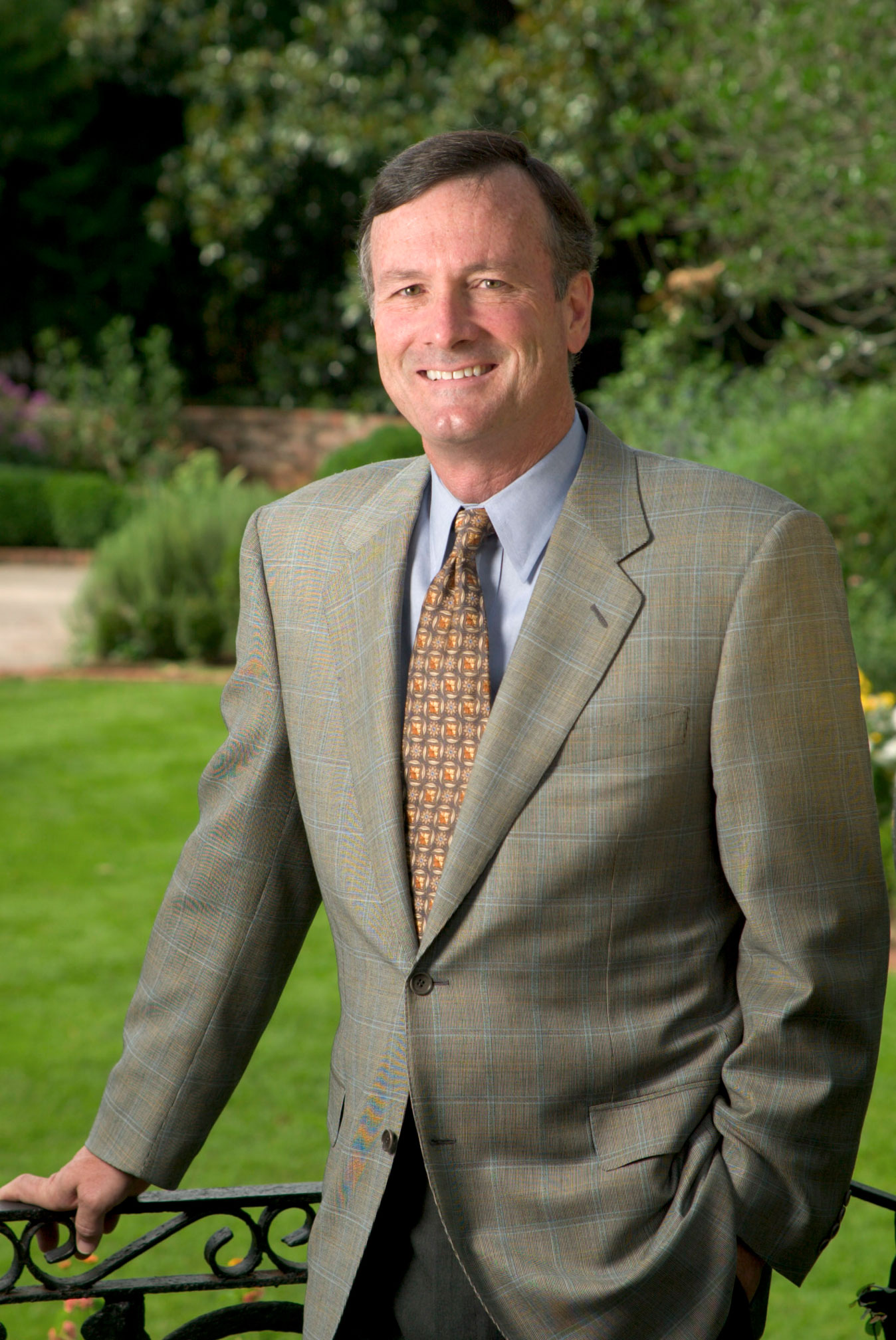Athens, Ga. – Analysis of the papers of U.S. Supreme Court Justice Lewis F. Powell Jr. sheds new light on a nearly 45-year-old ruling involving journalist’s privilege, according to William E. Lee at the University of Georgia Grady College of Journalism and Mass Communication.
Lee’s research examined Powell’s notes, memoranda and correspondence with other justices for the case of Branzburg v. Hayes, the only journalist’s privilege case ever heard by the Supreme Court. In Branzburg, a journalist claimed a First Amendment right to refuse to reveal his sources to a grand jury investigating illegal drug use. The court ruled 5-4 that there was no First Amendment-based privilege; journalists, like other citizens were obligated to testify before grand juries.
Powell cast the deciding vote and wrote a concurring opinion. Lower courts addressing subsequent journalist privilege cases have struggled to decipher Powell’s separate opinion. Some courts believe Powell supported a journalist’s privilege, other courts conclude that Powell rejected the privilege. Because of these conflicting interpretations, a judge on the 4th Circuit Court of Appeals wrote in 2013 that the lessons of Branzburg are “as clear as mud.”
The goal of Lee’s research was to clarify what has long been regarded as one of the most confusing concurring opinions in the court’s First Amendment cases. The research included review of Powell’s papers, which are archived at Washington & Lee University; studies of available papers from other justices, housed at the Library of Congress; and interviews with law clerks, including Larry Hammond who as a law clerk to Powell in 1972 assisted in the preparation of the concurring opinion.
Lee believes, based on extensive research, that Powell was opposed to a First Amendment-based privilege. Powell believed any journalist’s privilege should be created by legislatures, not the judiciary. While courts should be sensitive to the burden of unreasonable subpoenas, Powell did not believe that journalists were entitled to special constitutional protection.
“Those courts that have read his opinion in a very expansive way, who have treated it as promoting a journalist’s privilege, I think are wrong,” said Lee, a professor of journalism and communication law. “I believe Powell was more narrowly focused and only in extreme cases of what he called harassment would courts protect journalists. In most circumstances he thought that journalists had to testify and reveal information they had received in confidence.”
Other key justices for Branzburg v. Hayes included Justice Bryon White, who wrote for the majority saying that the Supreme Court was not going to grant journalists a special testimonial privilege that other citizens do not enjoy, and Justice Potter Stewart, who wrote the dissenting opinion in favor of protecting journalists.
Powell sided with the majority but wrote the following, which some courts have interpreted broadly over the years: “The asserted claim to privilege should be judged on its facts by the striking of a proper balance between freedom of the press and the obligation of all citizens to give relevant testimony with respect to criminal conduct. The balance of these vital constitutional and societal interests on a case-by-case basis accords with the tried and traditional way of adjudicating such questions.”
Lee traces the development of Powell’s concurring opinion and shows that Powell’s attention to the case was limited due to the intense discussion within the court as to whether to rehear the abortion case Roe v. Wade. At the same time as Branzburg, Powell was also preoccupied with Furman v. Georgia, in which the court struck down the death penalty in several states.
This research is important, according to Lee, because the law of journalist’s privilege is a mess. Since there is no federal shield law, a patchwork of legal protections may be applicable depending on the jurisdiction. In some areas of the country, journalists may rely on a First Amendment-based privilege in federal proceedings. Other jurisdictions do not recognize this privilege. Some states have strong statutory shield laws, but most states offer only qualified protection to journalists. “Right now, the protections for journalists vary wildly from state to state,” Lee said. “It’s messy and you can’t predict all the variables that would be at play when you make a promise to a source that you will protect their identity.”
Lee continues: “These are ongoing issues that affect communicators on a regular basis. As long as courts treat Powell as protecting journalists and being more like Stewart, then there is no incentive for Congress to craft a federal shield law. Congress has backed away because it thinks the lower courts are doing a good job of protecting journalists.”
Lee’s research, “A revisionist view of journalist’s privilege: Justice Powell, Branzburg and the ‘Proper Balance,’” was published in the 2016 issue of the “Cardozo Arts & Entertainment Law Journal.”
About Grady College
Established in 1915, the UGA Grady College of Journalism and Mass Communication
offers undergraduate majors in journalism, advertising, public relations and entertainment and media studies. The college offers several graduate degrees and is home to the Peabody Awards, internationally recognized as one of the most prestigious prizes for excellence in electronic media. For more information, see www.grady.uga.edu or follow @UGAGrady on Twitter.


